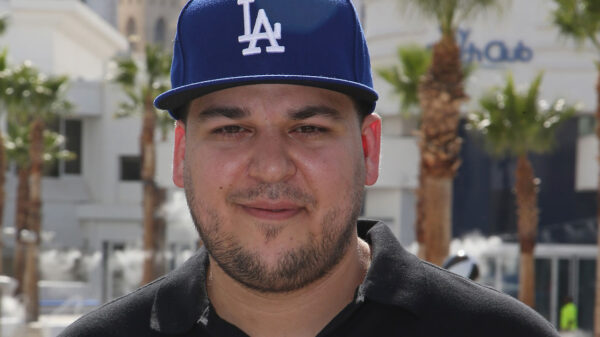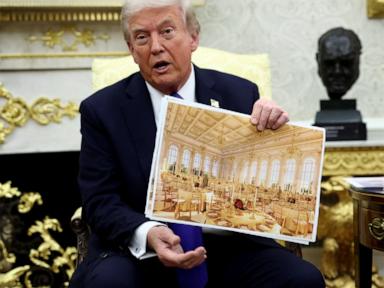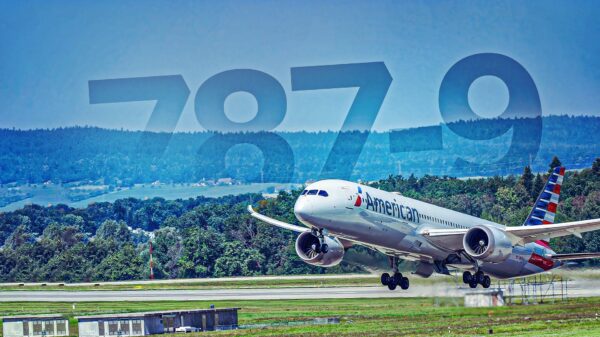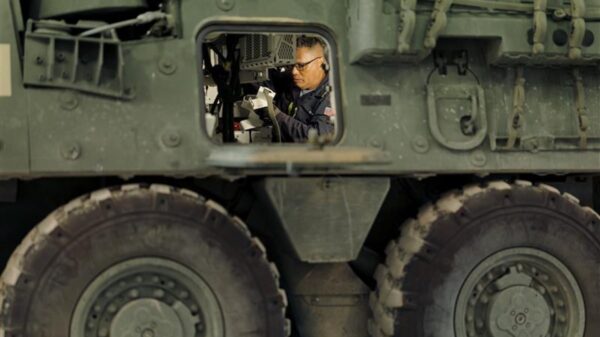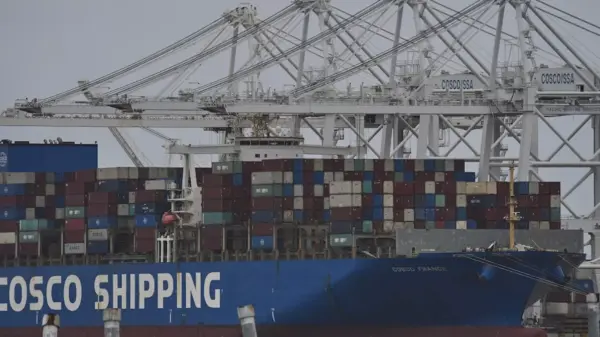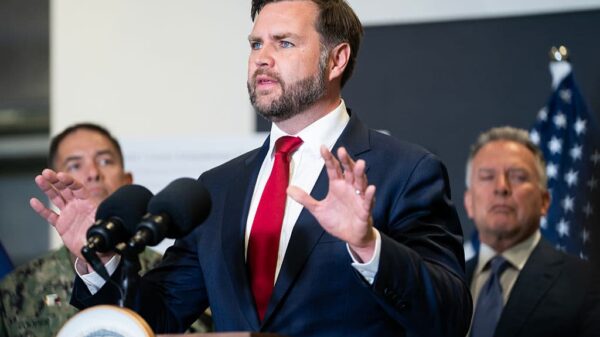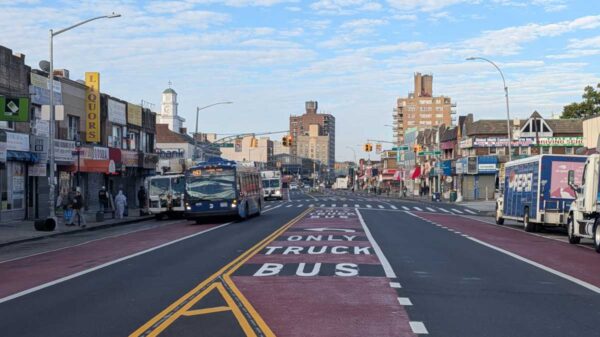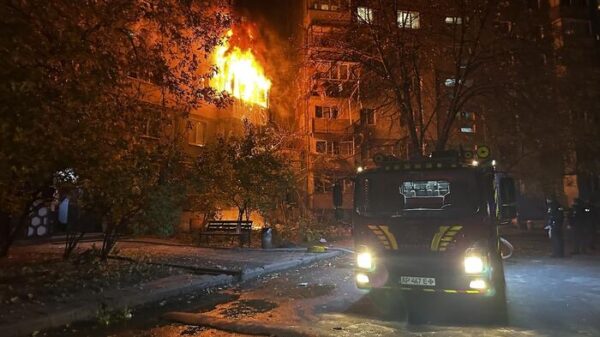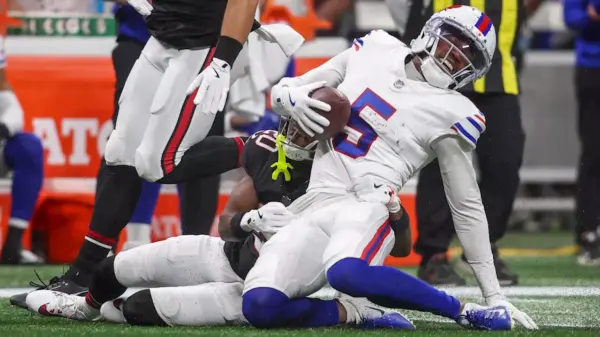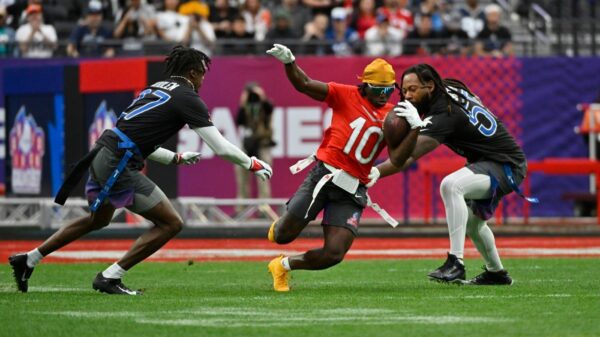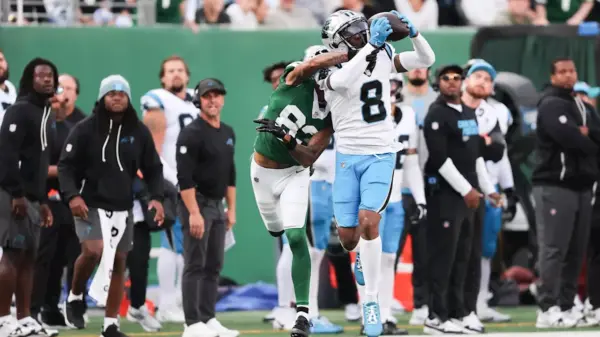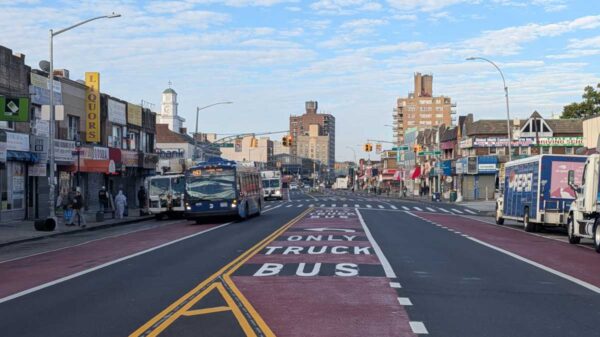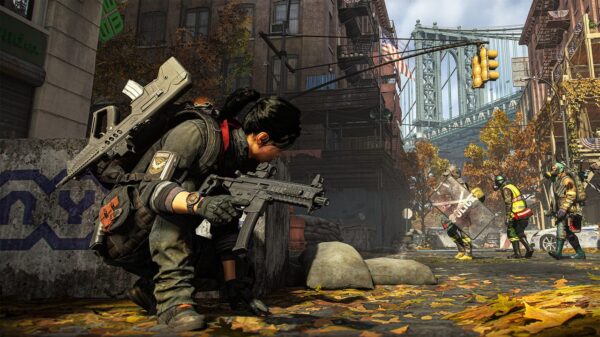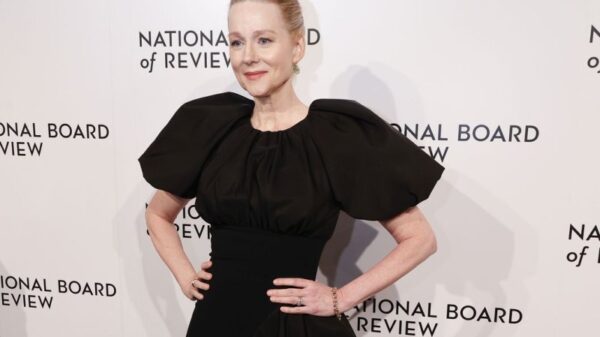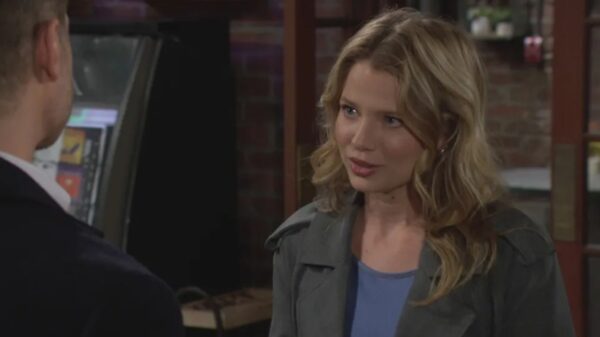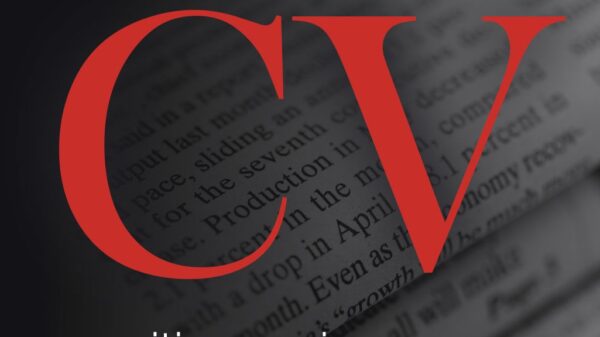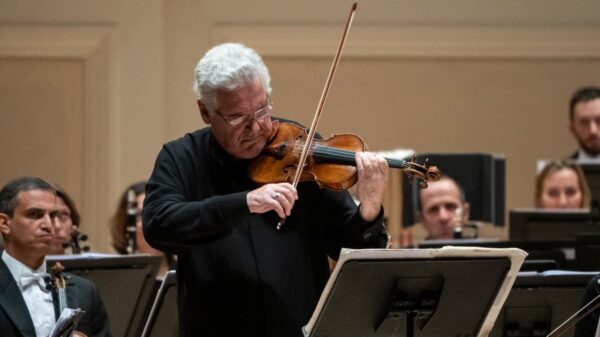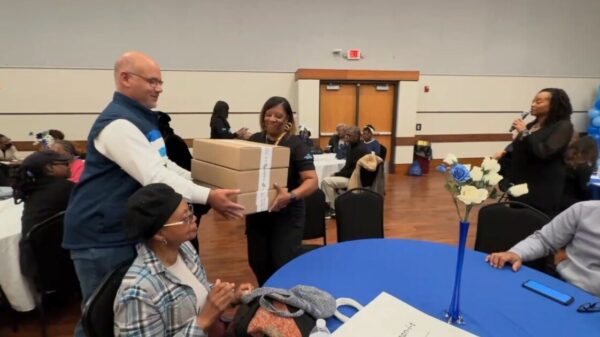Leaders of Philadelphia’s largest union for city workers and top officials from Mayor Cherelle L. Parker’s administration engaged in an intense contract negotiation session that spanned from Sunday into Monday morning. The marathon talks concluded shortly after 11 a.m. without reaching a new contract, leaving just hours before a midnight deadline that could trigger a citywide strike. This potential strike looms over the American Federation of State, County and Municipal Employees District Council 33 (DC 33), which represents nearly 10,000 blue-collar workers, including trash collectors, 911 operators, and mechanics.
Union president Greg Boulware has been adamant about calling a strike if no agreement is reached by the expiration of the current contract at midnight. Boulware emphasizes the need for significant raises, stating, “If you appreciate the labor, you have to show that in the wallet for our people because that’s the only way it’s truly going to be meaningful.” His firm stance underscores the urgency of the situation as the city braces for potential disruptions.
Historical Context and Current Offers
Historically, Philadelphia’s municipal unions have often continued working under expired contracts while negotiating new terms, typically receiving retroactive pay for any agreed-upon raises. However, this year, none of the city’s other major municipal unions—those representing police officers, firefighters, and white-collar workers—are expected to have new contracts by July 1.
Mayor Parker has made a notable offer, proposing more than 12% in raises over her first term, which would be unprecedented in the last three decades for DC 33. The last significant increase was 11.5% during former Mayor Jim Kenney’s term. Parker’s administration initially proposed a four-year contract with annual raises of 2%, later revising it to a three-year contract with increases of 2%, 2.4%, and 3%.
“As an unapologetically pro-labor, pro-union and pro-worker mayor, my administration is working with District Council 33 to achieve what is essential and necessary, and that is a fair and fiscally responsible contract,” Parker stated.
Union Demands and Negotiation Dynamics
DC 33 initially demanded a four-year deal with 8% annual raises, later reducing their demand to 5.75% annual raises. The city’s latest offer included a fifth step in the pay scale, potentially benefiting long-term employees. However, the outcome of the overnight negotiations remains unclear as both sides continue to grapple with their positions.
The union’s determination to secure a favorable deal is driven by the fact that DC 33 members are the lowest-paid among the city’s four major unions. Boulware’s insistence on a midnight deadline adds pressure on the Parker administration to reach a resolution or face significant disruptions in city services, particularly with the Fourth of July celebrations approaching.
Implications and Forward-Looking Analysis
The potential strike could lead to visible consequences such as trash piling up on city streets and disruptions in essential services. This scenario underscores the broader implications of labor negotiations on urban life and governance. The outcome of these talks could set a precedent for future negotiations with other municipal unions.
As the midnight deadline approaches, both the city administration and the union are under intense scrutiny. The resolution of this negotiation will not only impact the immediate workforce but also influence the political and economic landscape of Philadelphia.
This developing story continues to unfold, with updates expected as both sides work towards a last-minute agreement. The stakes are high, and the city watches closely as the clock ticks towards the deadline.


